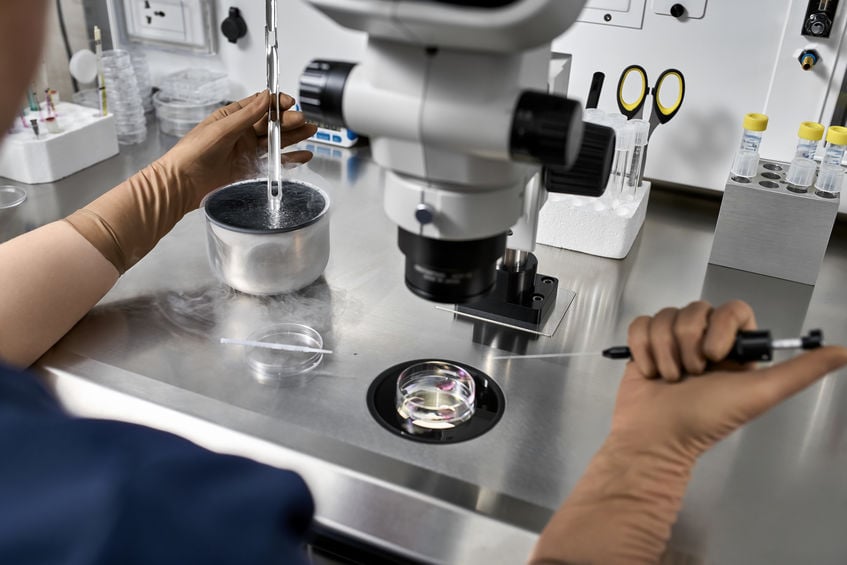Opting For Fertility Treatments
Couples having difficulty getting pregnant often search for assistance through fertility treatments like in vitro fertilization (IVF) and intracytoplasmic sperm injections (ICSI). IVF and ICSI are not the same but are similar in that fertilization occurs outside the body in both treatment procedures. Additionally, each fertility treatment is associated with different consequences or issues.

Why is fertility treatment needed?
Fertility treatments like IVF or ICSI are performed for different reasons. IVF is mainly done in the presence of female infertility issues such as blocked fallopian tubes, fibroids, or ovulation issues. Couples with unexplained infertility or a history of genetic disorders may also opt for IVF. ICSI is mostly for male infertility problems like abnormal sperm count or quality or ejaculation issues. ICSI is also used if IVF has not been successful or if previously frozen eggs are used to conceive.
The difference between IVF and ICSI
IVF involves retrieving the egg and placing the egg with many sperms, hoping at least 1 sperm fertilizes the egg. ICSI, a type of IVF, involves injecting a single sperm into a single egg with the hope of fertilization. In both fertility treatments, once fertilization occurs, the embryo grows in the laboratory dish for 1-5 days. When ready, the embryo is transferred and implanted into the uterus.
Issues and risks with IVF
Similar to medical or surgical treatments, fertility treatments also come with associated risks and issues. IVF risks include multiple births, ovarian hyperstimulation syndrome, miscarriage, ectopic pregnancy, birth defects, low birth weight, and premature delivery. Stress is also an important issue with IVF, causing physical and emotional effects on health. Some couples face failed IVF cycles and require multiple cycles of IVF to be successful in conceiving. This fertility treatment is an expensive procedure and can impact couples financially.
Addressing ICSI issues
Similar to IVF, this fertility treatment is associated with possible risks and issues. Some issues include damage to some or all eggs, embryo stops developing or growing, and eggs may not get fertilized. If more than one embryo is transferred, there is a chance of multiple births. A small percentage of babies conceived through ICSI may be at risk of developing a congenital disability.
Selecting between IVF and ICSI
IVF and ICSI are similar but not the same procedure and come with different issues. Knowing which fertility treatment option to select depends on the cause of infertility. The doctor will help decide the right choice of treatment. The pregnancy outcome depends on factors like the woman’s age, woman’s health, and sperm health. Speak to a fertility specialist about both options and weigh the risks and benefits when deciding.





